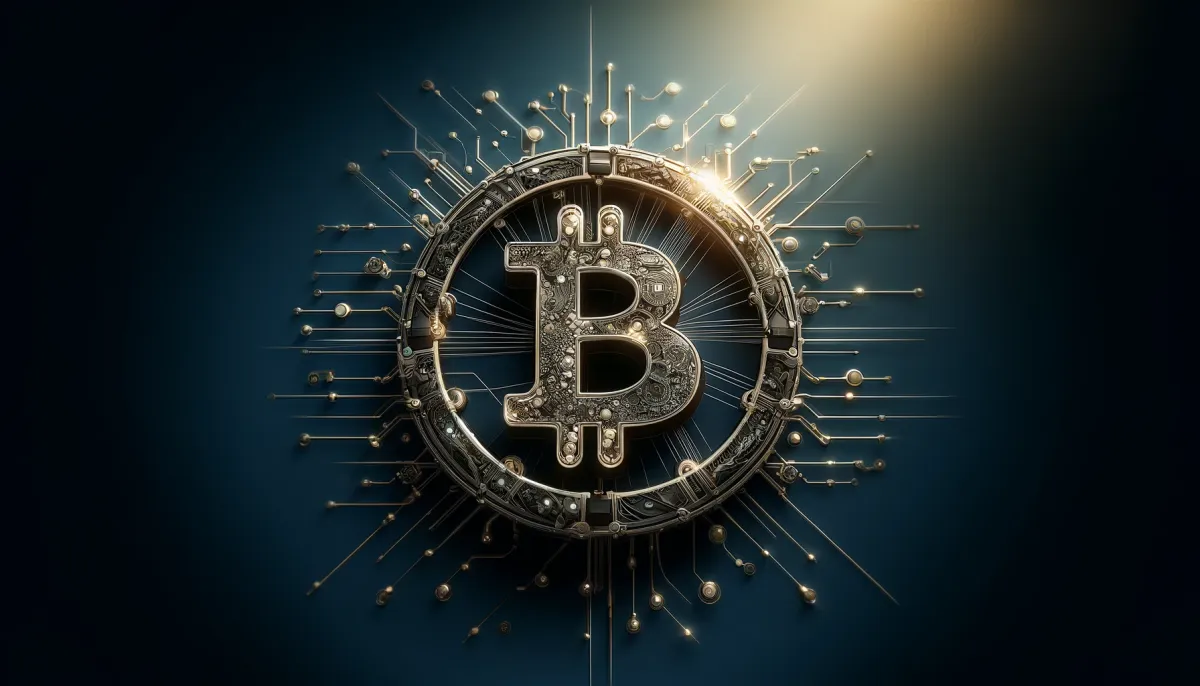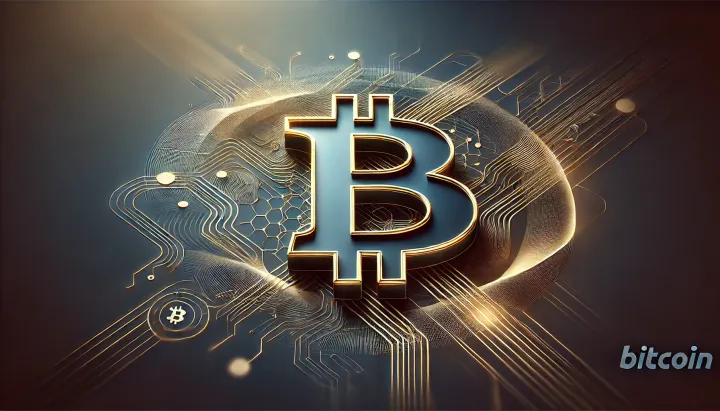Bitcoin: Redefining Value Beyond Fiat
The March 31, 2025 episode of Bitcoin Nova Podcast with Jeevs explores how Bitcoin challenges fiat money through enhanced financial literacy, decentralization, and education. The conversation intertwines Zen philosophy, technological disruption, and personal awakening to reframe monetary value.

- My 'briefing notes' summarize the content of podcast episodes; they do not reflect my own views.
- They contain (1) a summary of podcast content, (2) potential information gaps, and (3) some speculative views on wider Bitcoin implications.
- Pay attention to broadcast dates (I often summarize older episodes)
- Some episodes I summarize may be sponsored: don't trust, verify, if the information you are looking for is to be used for decision-making.
Summary
The March 31, 2025 episode of Bitcoin Nova Podcast with Jeevs explores how Bitcoin challenges fiat money through enhanced financial literacy, decentralization, and education. The conversation intertwines Zen philosophy, technological disruption, and personal awakening to reframe monetary value. Its insights are crucial for rethinking economic models and safeguarding individual financial freedom.
Take-Home Messages
- Financial Literacy: Emphasize educating the public on the true nature of fiat money and its pitfalls.
- Decentralization: Highlight Bitcoin’s role as a counterbalance to centralized monetary control.
- Technological Impact: Prepare for shifts in employment and economic structures due to AI and robotics.
- Mindful Values: Advocate for a cultural shift from consumerism toward conscious, value-driven spending.
- Transformative Education: Support curriculum reforms that integrate critical economic insights with Bitcoin principles.
Overview
Jeevs outlines his personal journey from a small town in India to embracing Bitcoin as a pathway to both financial and personal enlightenment, attributing his transformation to a blend of Zen philosophy and practical experiences. He criticizes traditional education for neglecting the fundamentals of money creation and inflation, stressing the need for deeper financial understanding.
The discussion deconstructs the fiat money system, arguing that unchecked government control and inflation exacerbate economic inequality. Jeevs emphasizes that real monetary value should be reassessed through decentralized frameworks such as Bitcoin.
Integrating insights from Zen and meditation, the episode links mindfulness with financial decision-making. This approach encourages listeners to step back from consumer culture and critically evaluate societal values around money.
Technological advancements like AI and robotics are presented as catalysts for transforming employment and production models, which in turn support the case for Bitcoin as an alternative economic system. The conversation ultimately envisions a future where decentralized monetary practices empower individuals and communities.
Stakeholder Perspectives
- Individual Users: Likely to embrace the shift toward decentralized systems and demand clearer financial education.
- Educators and Academics: May push for curriculum reforms that integrate real-world monetary principles and decentralized finance.
- Policymakers: Will need to balance regulation with fostering innovation while addressing income inequality.
- Technologists and Entrepreneurs: Interested in leveraging technological disruption to create resilient, decentralized economic models.
- Traditional Financial Institutions: Expected to resist changes that threaten established fiat-based systems and central control.
Implications and Future Outlook
The episode implies that rethinking financial education and embracing decentralized systems like Bitcoin are essential for mitigating long-term economic inequalities. By challenging the status quo, stakeholders can better prepare for disruptions caused by rapid technological advancements. This reorientation could ultimately lead to a more equitable distribution of wealth and enhanced personal financial sovereignty.
The discussion also suggests that integrating Zen-inspired mindfulness into financial decision-making may foster a healthier relationship with money. This holistic approach could help individuals avoid the pitfalls of consumerism and overconsumption, paving the way for a more sustainable economic future. The implications extend to reducing societal stress and improving overall well-being through better financial choices.
Finally, the conversation highlights the urgent need for interdisciplinary collaboration among educators, policymakers, and technologists. Such cooperation could facilitate the development of robust regulatory frameworks and innovative educational programs. The future outlook is one of proactive transformation, where embracing decentralization and mindful practices prepares society for inevitable economic shifts.
Information Gaps
- How can public education initiatives be designed to clarify misconceptions about fiat money? This question is crucial for dismantling flawed narratives and empowering individuals with accurate financial knowledge.
- How can Bitcoin’s decentralized architecture serve as a counterbalance to government monetary control? Addressing this is vital to assess Bitcoin’s role in safeguarding economic freedom against centralized power.
- What curriculum changes are needed to improve financial literacy regarding the nature of money? This inquiry is key to reforming education so that future generations understand the real dynamics of money creation and inflation.
- How will advances in AI and robotics transform traditional employment models in a Bitcoin-influenced economy? Understanding this is essential for developing strategies that ensure labor market resilience amid technological disruption.
- How can educational campaigns promote a transformative mindset toward embracing Bitcoin’s underlying principles? This question is important for shifting public perceptions and facilitating the broader adoption of decentralized financial systems.
Broader Implications for Bitcoin
Decentralization as Economic Resilience
Decentralized monetary systems like Bitcoin could offer a robust alternative to centralized fiat frameworks, mitigating the risk of policy mismanagement and inflation. This shift may empower individuals and communities to reclaim control over their financial futures. Broader adoption could stimulate economic resilience in the face of global uncertainties.
Educational Reform and Public Awareness
Redefining financial education to include the fundamentals of decentralized finance may lead to a more informed citizenry. Such reform could challenge longstanding misconceptions about money and foster a culture of critical inquiry. Improved public awareness would likely drive policy changes and innovation in financial literacy.
Technological Disruption and Employment
The integration of AI and robotics into the economy poses both challenges and opportunities for labor markets. Embracing Bitcoin’s decentralized principles may help counterbalance the adverse effects of technological disruption. This balance is essential for creating sustainable economic models that benefit a broader spectrum of society.



Comments ()